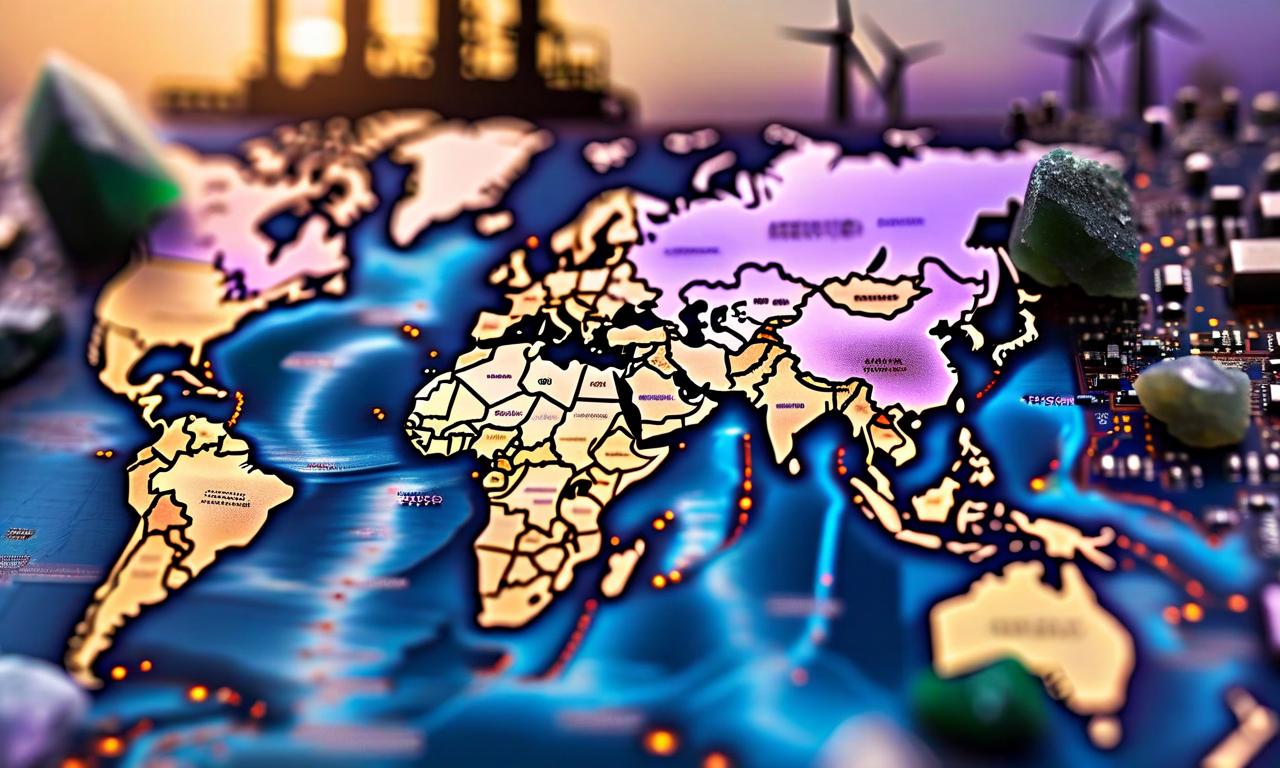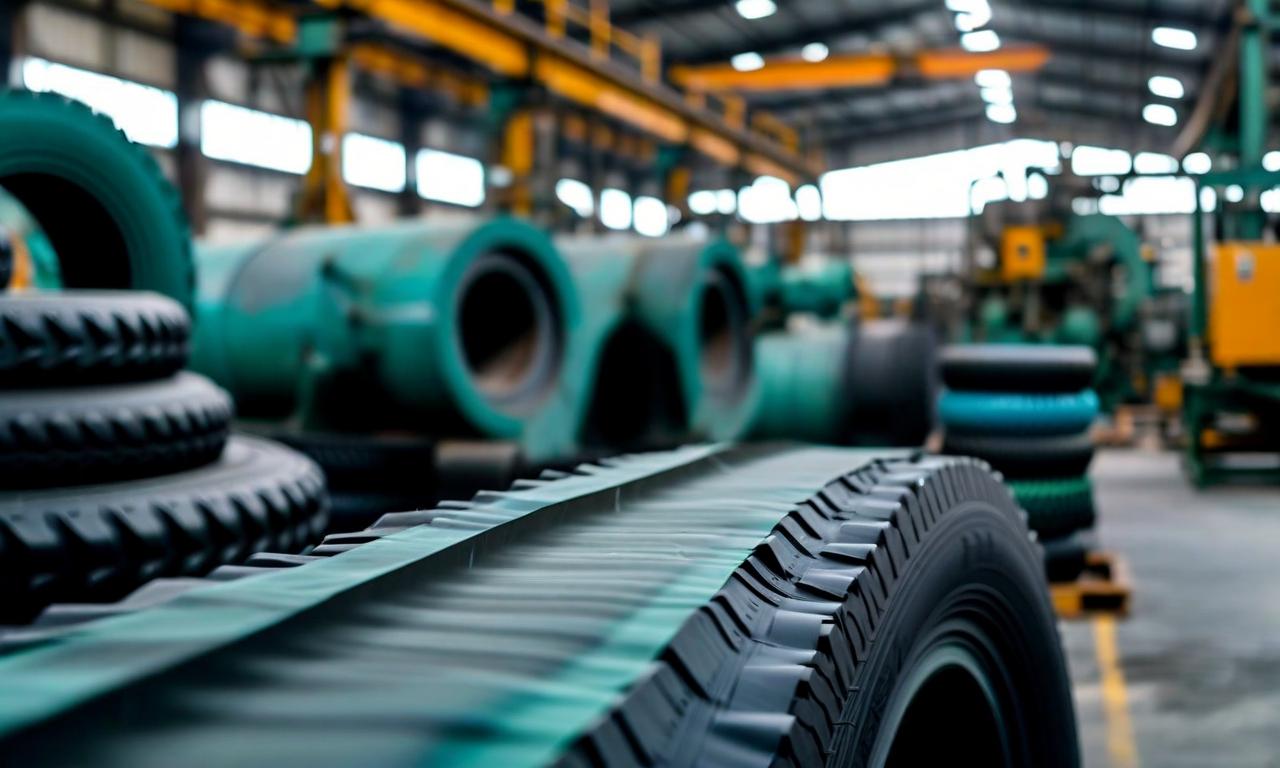China Tightens Grip: New Export Controls on Rare Earth Equipment and Materials
China's Commerce Ministry has announced export controls on certain rare earth equipment and materials. As the world's largest producer and exporter of rare earths, this move could significantly impact global supply chains, particularly in industries like electronics, renewable energy, and defense. The decision may lead to supply chain disruptions, affect technological advancements, potentially escalate geopolitical tensions, and influence rare earth market prices. While specific details are yet to emerge, this action underscores China's strategic position in the global rare earth market and its potential use of economic leverage.

*this image is generated using AI for illustrative purposes only.
China's Commerce Ministry has announced a significant move in the global rare earth market, implementing export controls on certain rare earth equipment and materials. This decision is poised to have far-reaching implications for industries worldwide that rely on these critical resources.
Key Points of the Announcement
- Scope: The controls will affect the export of specific rare earth-related products from China.
- Products Affected: Certain rare earth equipment and materials (specifics not detailed in the announcement).
- Implementing Body: China's Commerce Ministry
Potential Global Impact
This move by China, the world's largest producer and exporter of rare earth elements, could have significant repercussions:
- Supply Chain Disruptions: Industries relying on rare earth materials may face challenges in securing necessary components.
- Technological Advancements: Sectors such as electronics, renewable energy, and defense could see impacts on their development and production capabilities.
- Geopolitical Tensions: This decision may escalate existing trade tensions between China and other major economies.
- Market Dynamics: Prices of rare earth materials could potentially rise due to supply constraints.
China's Strategic Position
China's decision to implement these export controls underscores its strategic position in the global rare earth market:
| Aspect | Details |
|---|---|
| Market Share | China dominates global rare earth production |
| Strategic Importance | Rare earths are crucial for high-tech and green technologies |
| Economic Leverage | Export controls can be used as an economic and political tool |
Conclusion
While the full extent of these controls and their impact remains to be seen, this move signals China's intent to maintain its stronghold on the rare earth market. Industries worldwide will be closely monitoring the situation and potentially seeking alternative sources or technologies to mitigate risks associated with these new export controls.
As this situation develops, further details on the specific materials and equipment affected, as well as the broader implications for global trade and technology sectors, are expected to emerge.



























